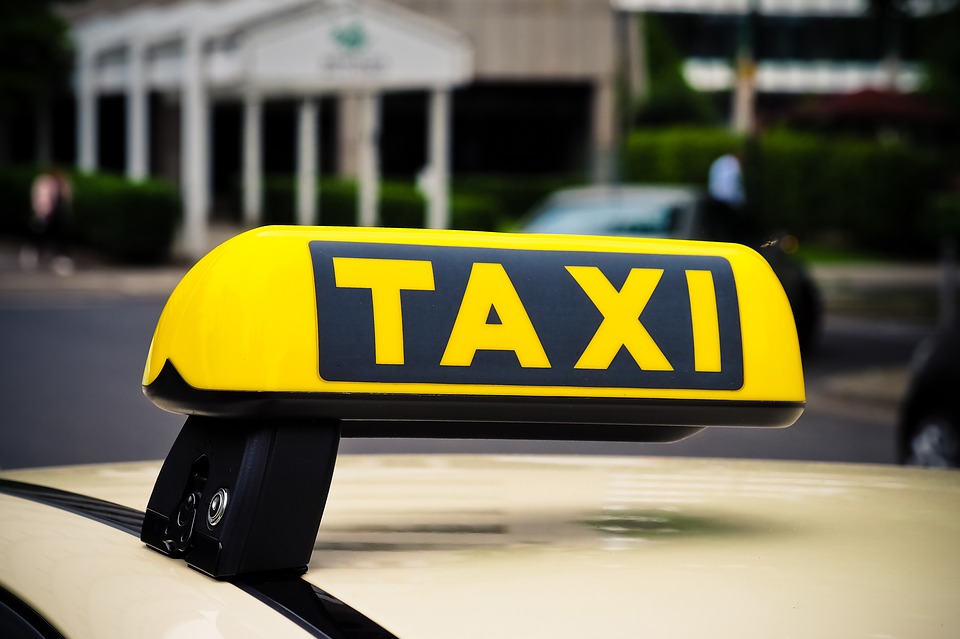In December 2023, ride-hailing platforms introduced bonuses for driver-partners after the removal of fuel subsidies. Those bonuses are supposed to incentivise drivers disillusioned with gig driving on the back of complaints that the model no longer works for them. To earn between ₦30,000 to ₦63,000 in bonuses, drivers must complete 30-50 weekly trips.
One gig driver estimates that drivers earn about ₦30,000 daily, but a surge in fuel prices and quickening inflation mean net earnings are considerably lower. The weekly bonuses that boost their income have become so vital that some drivers are cutting corners to meet the targets required to earn them.
“Sometimes after taking a few trips, a driver could ask a fellow driver who is nearby or a friend to book short trips which typically cost ₦800-₦1,500 to get them to the daily target,” one gig worker who has now taken a break from driving told TechCabal.
All the drivers lose is a fraction of the fee which the platform takes as commission—a reasonable opportunity cost compared to missing out on the bonus.
Time pressures in Lagos, notorious for its traffic jams, have made drivers creative.
”Drivers can get about 15 trip requests in a day. Some quickly hit the targets and use the rest of the day to run offline trips where they can avoid paying commissions. Some use the time to attend to their personal needs, fix their car, [or work their other jobs if they only drive part-time.]”
The bonuses aren’t tied to quantity alone. Ride-hailing companies say drivers must have a minimum quality score of 70 to qualify for the bonuses even when they meet the weekly trip targets. Rejecting trips can lower drivers’ quality scores.
One workaround is accepting fake short trips.
“The [dummy] trip can be as long as 3km, but the driver can stop driving after 1km and end the trip,” another gig driver said. Because the dummy trip is paid for, the app assumes it is legitimate and updates the driver’s progress on the daily target.
Ride-hailing companies know gig drivers’ antics because of their extensive experience with incentive systems. Companies are always on the lookout for fraudulent trips and devise ways to stay one step ahead.
“Just last month, after paying me my money including my fuel bonus, Uber blocked my account asking me to pay about ₦80,000 to restore it,” a gig driver who had used one or more of these tricks to reach his target told TechCabal. “They must have realised I tricked them after paying me.”
Platforms continually raise the bar for drivers to qualify for bonuses. For the October challenge on Bolt, which began on Tuesday, drivers must complete 12 trips to qualify.
“It used to be eight, then it was nine, and now it has gone up again,” the one Bolt driver said.
These underhanded tactics to earn extra money highlight how gig driving has become extremely challenging. For years, drivers have been asked for higher base fares and lower commissions. Offline trips sidelining the ride-hailing platforms have become more common. Drivers ask riders to pay more than the app charges or cancel trips.
While drivers continue the push for higher base fares, they’ll take the next best thing: back-breaking bonuses.



















